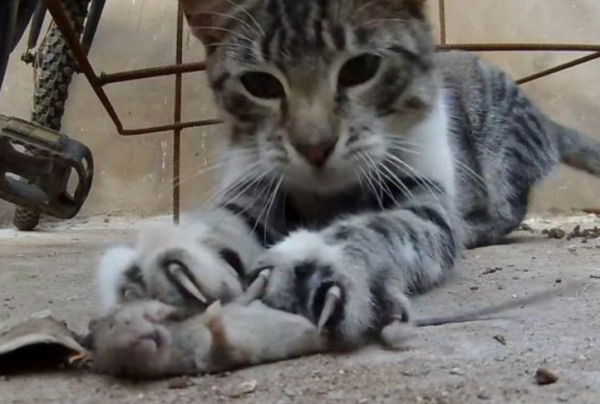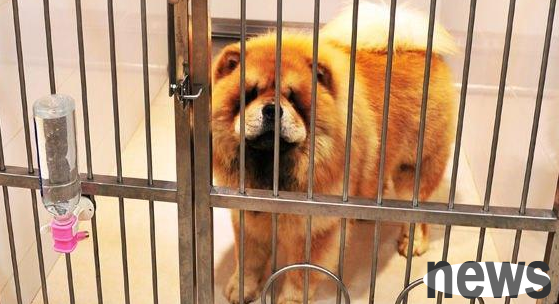Will cats suffer from asthma like humans?
Asthma is usually the result of a combination of genetic and environmental factors. For cats, the genetic pathogenic mechanism of asthma has not been fully understood.

In cats, the most recognized cause of asthma is caused by allergic bronchitis. This happens when cats' lungs become inflamed by allergens inhaled, which in turn leads to chronic inflammation. And cats' health, stress, obesity or parasites can affect asthma response. Although the genetic background of cats asthma is not clear, it has been noted that some cats are at a higher risk of developing asthma. Symptoms of asthma in cats include coughing and wheezing, squatting and hunching on their shoulders while breathing, gagging, breathing with their mouth open, weakness, lethargy, blue lips and gums.
The symptoms are more obvious when asthma attacks, but some cats with milder conditions may show only subtle signs. Diagnosing asthma in cats can be difficult because these symptoms resemble the symptoms of certain other diseases, such as heart worms, pneumonia and even heart failure. Veterinarians usually perform radiographic analysis, blood tests, parasite tests, and bronchial secretion analysis to make a diagnosis.




